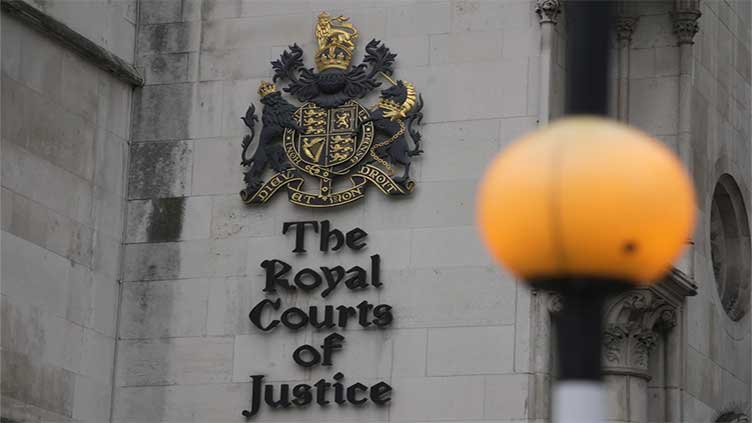Prince Harry's phone hacking victory is a landmark in the long saga of British tabloid misconduct

World
Prince Harry’s phone hacking victory is a landmark in the long saga of British tabloid misconduct
LONDON (AP) — Prince Harry’s victory against Mirror Group Newspapers on Friday over what a British judge called “habitual” illegal activity is a landmark moment in the long and twisting saga of lawbreaking by Britain’s tabloid press.
Judge Timothy Fancourt ruled that Mirror newspapers had hired private investigators to snoop for personal information and engaged in illegal phone hacking for well over a decade.
It’s the latest chapter in a tale of tabloid power and attempts to tame it stretching back years — but it’s unlikely to be the end of the story.
WHAT IS PHONE HACKING?
In the pre-digital era, Britain’s fiercely competitive tabloid newspapers sold millions of copies a day and would go to great lengths to get scoops, including by using underhanded techniques.
One method was phone hacking — calling someone’s number and punching in 0000 or another default PIN number in hope that would give access to their voice messages. Often, it did.
Targets included members of the royal family, politicians, athletes, celebrities, friends and family of famous people and ordinary citizens who found themselves caught in the public eye.
Fancourt said in his ruling that phone hacking was “habitual” at Mirror newspapers as far back as 1998, and went on until at least 2011.
WHEN DID THE PUBLIC FIND OUT ABOUT IT?
The first most people knew about phone hacking was when the royal editor of the News of the World and a private investigator for the paper were jailed in 2007 for eavesdropping on messages left by Prince William and others on the phones of royal aides.
The paper’s owner, Rupert Murdoch, dismissed the wrongdoing as the work of two rogue employees. Then, in 2011, it emerged that the News of the World had hacked the phone of Milly Dowler, a 13-year-old girl who was abducted and later found murdered.
The outcry opened the floodgates on a scandal that forced Murdoch to shut down the 168-year-old tabloid, Britain’s best-selling newspaper.
WHAT HAPPENED NEXT?
The government set up a judge-led public inquiry into media ethics, which examined the complex web of ties — close and, some said, too cozy — binding Britain’s political, media and police elite. Justice Brian Leveson recommended the creation of a strong press watchdog, backed by government regulation. His findings have been partially implemented but have been resisted by large segments of the press, wary of state interference.
Judge Fancourt said it was clear that Leveson had not been told the full truth. He said the Mirror’s wrongdoing “was concealed from the board, from Parliament … from the Leveson Inquiry, from shareholders, and from the public for years.”
After the 2011 revelations, several editors and executives at the News of the World were charged with illegal phone hacking. After an eight-month trial at London’s Central Criminal Court, former editor Andy Coulson was sentenced to 18 months in prison in 2014 for conspiring to hack phones. Five other defendants were acquitted, while several others entered guilty pleas.
Since then, there have been no more criminal cases, but Murdoch’s News Group and the Mirror Group have paid hundreds of millions to settle claims from dozens of alleged victims of hacking and other illegal activity. The publisher of the Daily Mail, Associated Newspapers, faces hacking lawsuits from Prince Harry, Elton John and others


